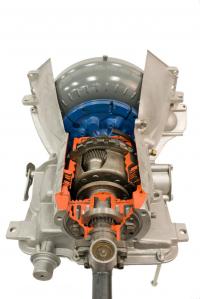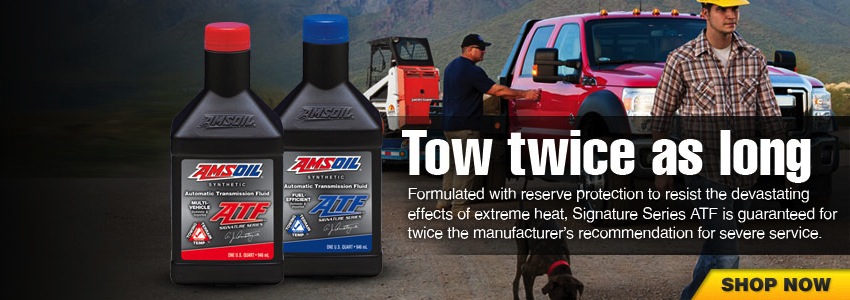Do Transmission Fluid Additives Work?
Stroll down the aisles of most auto parts stores and you’ll find multiple “mechanic-in-a-bottle” type of additives that claim to restore transmission performance. The claims made typically include some variation of the following:
- Frees stuck valves to improve shifting
- Fixes transmission slipping
- Restores smooth shifts
- Stops leaks
- Conditions worn seals

Do these additives work?
If the Internet has given us anything, it’s a forum for angry debate among nameless people. Although this topic may not fire the passions of, say, the drinking age or can online dating replace meeting a person in real life, it still boasts fans to both sides. Some swear by transmission fluid additives. Others pronounce them worthless.
What do transmission fluid additives do?
First, let’s talk about what they are and what they do. Your transmission fluid serves a few essential roles. It acts as a hydraulic fluid to enable shifting, protects gears and bearings against wear, manages heat and provides frictional properties to ensure smooth, consistent shifts.
Over time, transmission fluid deteriorates, especially if the transmission gets extremely hot from towing or hauling. Heat causes the fluid to oxidize, or break down. Fluids that break down allow sludge to form, which plugs narrow passages and interferes with shifting. Well used fluid can also fail to provide the correct frictional properties for your transmission. Eventually, you notice your vehicle shifting hard or erratically. Over time, the seals can also harden, causing them to crack and leak.
Transmission fluid additives are designed to restore the fluid’s properties responsible for providing the correct frictional properties, heat resistance and other benefits. Some include additives designed to soften and swell worn seals, claiming to “fix” leaks.
They offer the advantage of costing less money than a transmission fluid flush and replacement. And, let’s face it, most people would rather dump a bottle of additive into their transmission in the Napa parking lot than schedule a transmission fluid service at their mechanic's garage.
The problem, however, is transmission fluid additives don’t work very well

Bottom line: transmission additives can harm your transmission
The fact is, lubricant manufacturers work hard to formulate transmission fluids that deliver reliable shifts while guarding against wear and leaks. Aftermarket additives can disrupt the fluid’s finely tuned chemical balance and degrade performance. Plus, most vehicle and transmission manufacturers warn against using them.
Modern transmissions are more complex and require transmission fluids that meet the stringent demands of today’s transmissions, helping you get the most out of your vehicle.
If you’re experiencing transmission problems, don’t waste your money on a “miracle” solution in a bottle. Visit your mechanic and have the problem fixed. Then, invest the money into servicing your transmission properly with a high-quality transmission fluid. You’ll likely save time and frustration in the long run.






 Canada
Canada United States
United States